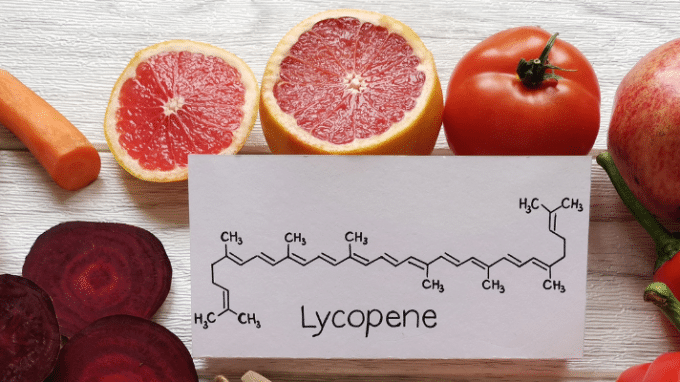The number of questions about lycopene, including benefits for sperm health, what it is and why it matters, are increasing in frequency due to the widespread awareness that there may be a connection between erectile function and diet. Lycopene is a molecule with an exceptionally strong antioxidant effect. While it may not be as well-known as vitamin E, it may have just as many benefits. This article discusses lycopene’s benefits on sperm health (sperm count, motility and morphology).
Lycopene Benefits
1. Improvement of sperm quality
This may be one of the most common reasons men take supplements. It is known to have a significant effect on sperm quality. In a study published in the journal Fertility and Sterility, it was found that 100mg of lycopene could significantly improve sperm quality. The results were particularly significant in terms of motility. Some studies have shown that between 10 and 100mg of lycopene may be effective for improving sperm motility. This shows that the amount needed to see benefits is relatively low.
2. Decrease in free radicals and other oxidative stress in the body
Oxidative stress is associated with many health conditions. Oxidative stress is a contributing factor in many causes of infertility. Free radicals and reactive oxygen species are highly reactive molecules that cause damage to the body’s cells, especially those in the reproductive tract. Sperm cells, like all other cells in the body, are susceptible to damage by free radicals. Antioxidants like lycopene can neutralize these harmful molecules so they cannot cause any damage.
3. Improved blood flow to the testes (vasodilation)
As a vasodilator, lycopene can relax and expand the blood vessels in various body areas. This is especially desirable for those with blood flow or erectile function issues. Vasodilation increases blood flow through the reproductive tract, resulting in increased motility and sperm count.
4. Boost testes testosterone levels via increased SHBG (sex hormone-binding globulin)

5. Reduced sperm cell death
A major factor in male infertility is sperm cell death. This is due to the large numbers of cells that die before becoming fully developed and functional. Studies have shown that it can effectively reduce sperm death by as much as 50%.
6. Increased motility and sperm count
L-arginine is a known inhibitor of sperm structural development. Lycopene has been shown to significantly reduce this inhibition by as much as 40%. This is extremely important because it can help increase sperm count and motility in men who have issues with sperm mobility.
7. Anti-inflammatory
They can help reduce inflammation of the reproductive tract, an important cause of infertility. Inflammation can lower sperm count and motility and reduce ejaculate volume by a significant amount, resulting in decreased sperm quality. It has been shown to have a beneficial effect on inflammatory biomarkers in men with low sperm count, suggesting that it may be at least partially responsible for positive effects on semen quality.
Conclusion
The best benefits of lycopene for sperm health come from eating foods with high compound levels. The recommended dose is around 100mg per day, which can be obtained through a diet containing at least two servings of fruits and vegetables rich in lycopene. It is effective in improving sperm quality. It can neutralize the oxidants that can lead to damage within the reproductive tract and increase semen quality.




